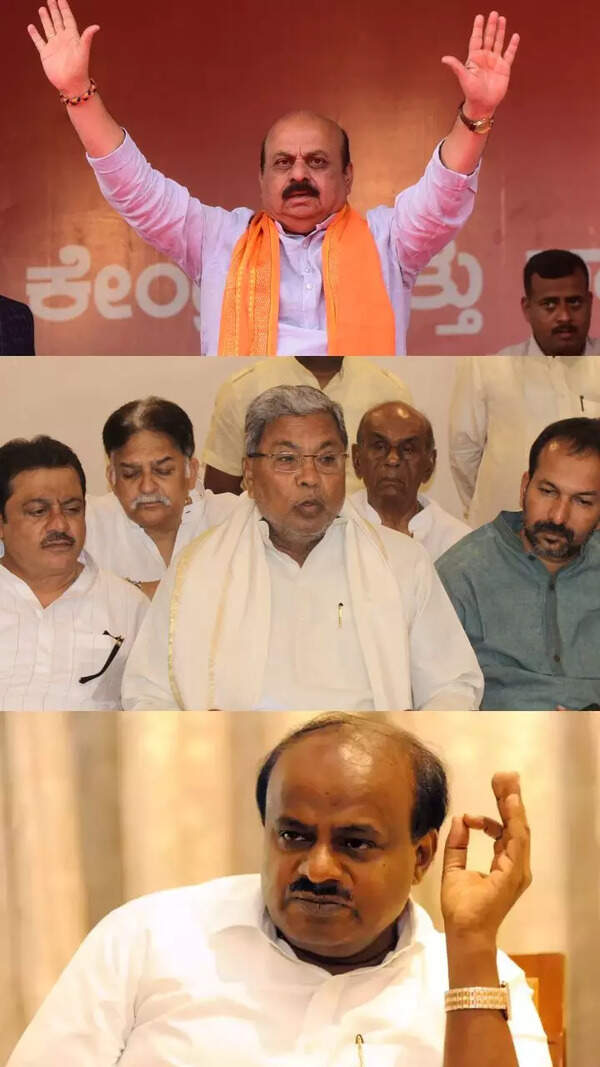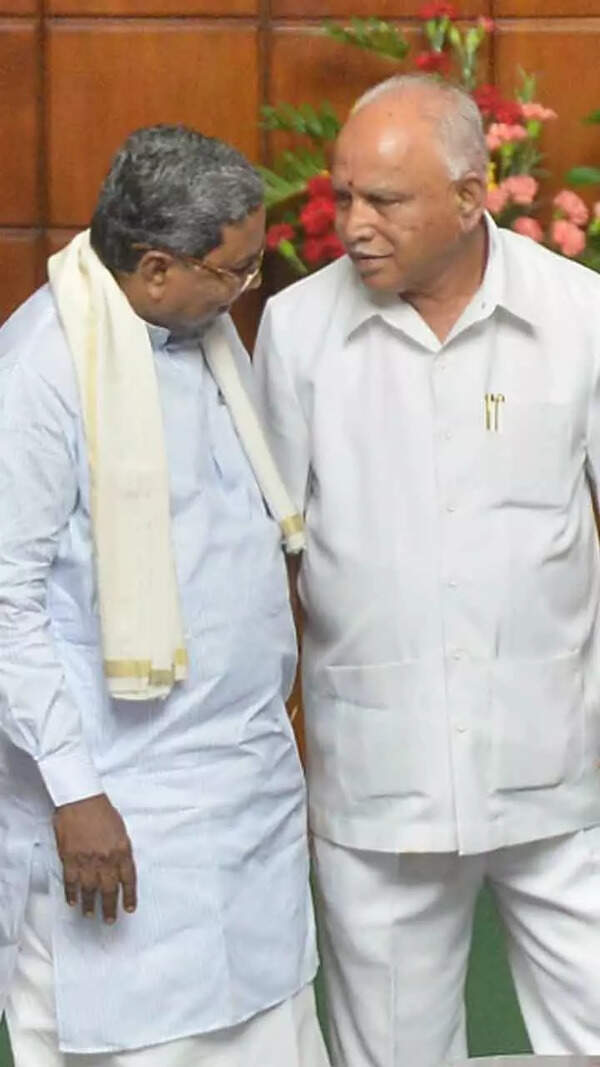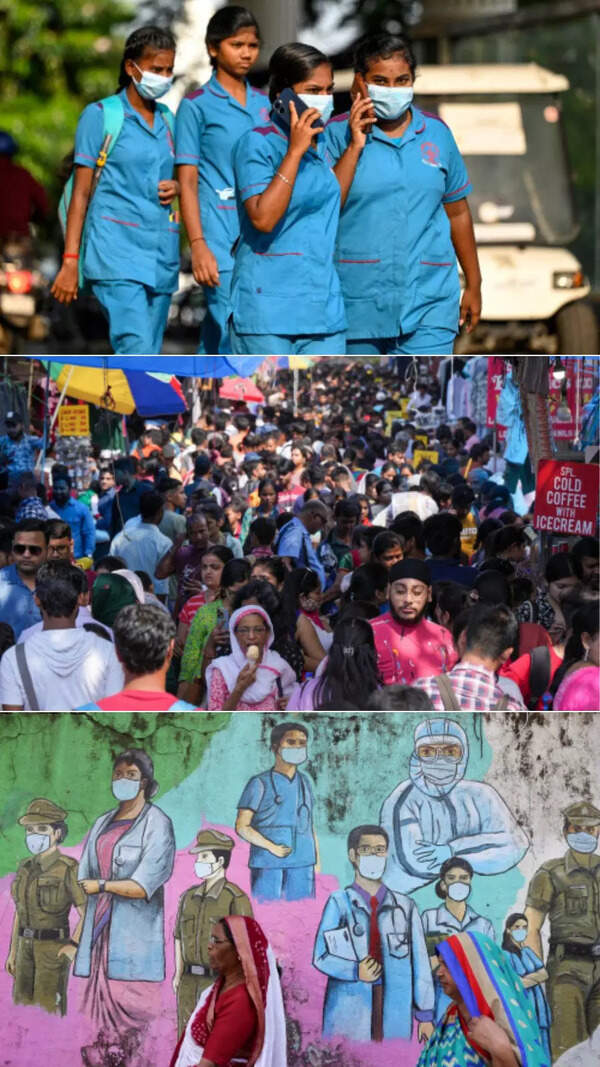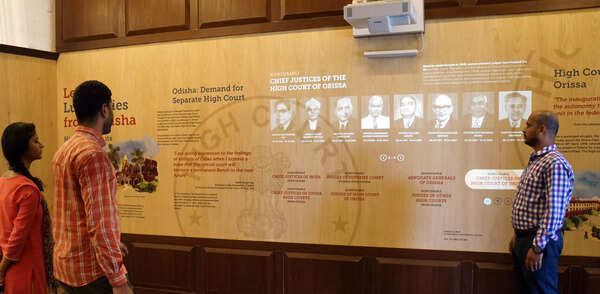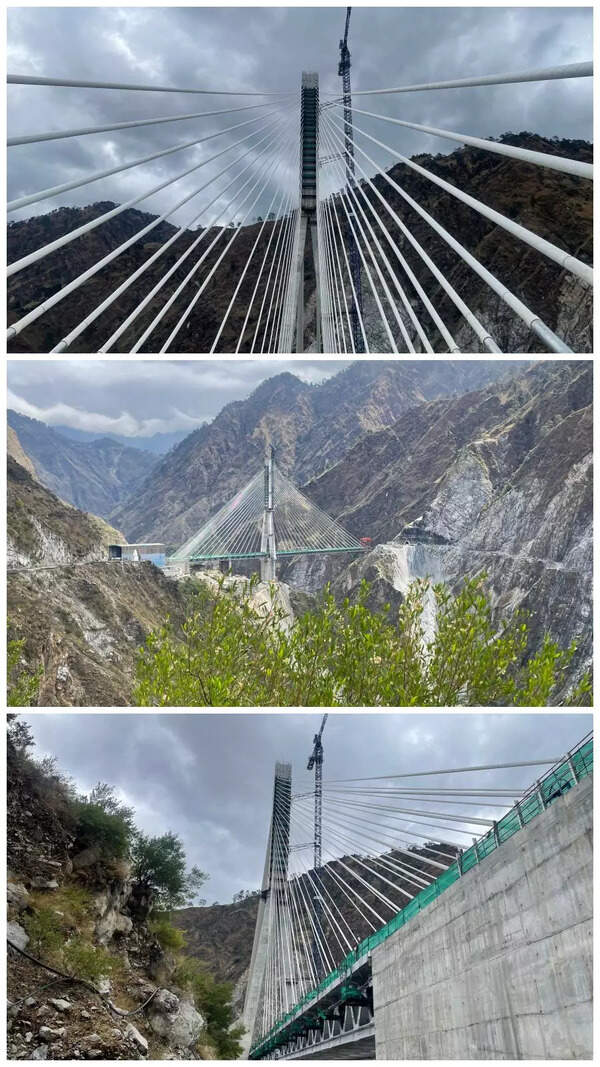Trending Topics
Corlim PHC is Goa’s 1st health facility with digitised access

Panaji: When 76-year-old Shanta Benjamin visited the primary health centre Corlim for an eye check-up early this week, she was pleasantly surprised to bypass the usual queue. A volunteer scanned a QR-code using her phone and proceeded to generate an Ayushman Bharat Health Account (ABHA) number for her. Now, next time Benjamin returns to the PHC, every step of her visit— from taking a token for OPD consultation to picking up medications from the pharmacy— can be handled digitally without requiring any physical paperwork. Further, her doctor can access her health records with a single click, and all that will be required is her ABHA ID.
This week, PHC Corlim became the first healthcare facility in Goa to digitise most of its departments, including general OPD, ophthalmology, physiotherapy and dental, and integrate with ABHA. As the state prepares to host the 2nd health working group meeting for G20 from April 17 to 19, PHC Corlim will be showcased to countries attending the global meet.
Two sub-district hospitals and a handful more PHCs in the state are in the process of digitising in order to facilitate ABHA linkages.
In the past six months, Goa has generated over 3.82 lakh ABHA IDs, while nationally more than 35 crore have been issued.
Health secretary Arun Kumar Mishra said that ABHA IDs have been created for almost 25% of the state’s population. “By July, we intend to generate IDs for most of the population, so that people can simply scan their ABHA IDs and proceed with treatment with the least loss of time,” he said. At Corlim, those on ABHA queues have been able to save at least 45 minutes, officials said.
ABHA is a 14-digit digital health identification number. Using an ABHA ID, one can create ABHA addresses, similar to a UPI address. With an ABHA address, one can access and share health records online, but only if they permit.
National Health Authority (NHA) officer Himanshu Burad said that medical records can only be accessed with an OTP that is sent to the patient’s phone. Even physicians cannot access the documents until the patient shares the OTP, ensuring patient privacy and security.
With digitisation, doctors in ABHA-enabled hospitals will be able to access detailed and historical patient reports on a single screen, giving them all the information to make informed treatment choices. “The ultimate result is improved quality of care,” Mishra said.
Meanwhile, patients can easily keep track of their medical records, without having to worry about misplacing critical records. G20 health OSD Dr Kedar Raikar said they plan to digitise all health facilities within the next five years.
Although there is a push for digitalisation, all centres will continue to operate on a hybrid system, director of health services Dr Geeta Kakodkar said. This is to accommodate those who do not have mobile phones or are not comfortable with scanning technology. In the long run, digitisation will generate better population data, she said.
The NHA is also working towards bringing in systems that will anonymise patient data when used for research.
Kakodkar said that private hospitals too would be nudged to adopt digital processes eventually.
Experts have maintained that while there are potential benefits to digitising health record-keeping, there are also concerns. These include issues around data privacy, security and accessibility for individuals who may not have the digital skills to navigate these systems. Additionally, there are questions about the accuracy and completeness of digital health records, as well as potential biases in algorithms used for data analysis.
This week, PHC Corlim became the first healthcare facility in Goa to digitise most of its departments, including general OPD, ophthalmology, physiotherapy and dental, and integrate with ABHA. As the state prepares to host the 2nd health working group meeting for G20 from April 17 to 19, PHC Corlim will be showcased to countries attending the global meet.
Two sub-district hospitals and a handful more PHCs in the state are in the process of digitising in order to facilitate ABHA linkages.
In the past six months, Goa has generated over 3.82 lakh ABHA IDs, while nationally more than 35 crore have been issued.
Health secretary Arun Kumar Mishra said that ABHA IDs have been created for almost 25% of the state’s population. “By July, we intend to generate IDs for most of the population, so that people can simply scan their ABHA IDs and proceed with treatment with the least loss of time,” he said. At Corlim, those on ABHA queues have been able to save at least 45 minutes, officials said.
ABHA is a 14-digit digital health identification number. Using an ABHA ID, one can create ABHA addresses, similar to a UPI address. With an ABHA address, one can access and share health records online, but only if they permit.
National Health Authority (NHA) officer Himanshu Burad said that medical records can only be accessed with an OTP that is sent to the patient’s phone. Even physicians cannot access the documents until the patient shares the OTP, ensuring patient privacy and security.
With digitisation, doctors in ABHA-enabled hospitals will be able to access detailed and historical patient reports on a single screen, giving them all the information to make informed treatment choices. “The ultimate result is improved quality of care,” Mishra said.
Meanwhile, patients can easily keep track of their medical records, without having to worry about misplacing critical records. G20 health OSD Dr Kedar Raikar said they plan to digitise all health facilities within the next five years.
Although there is a push for digitalisation, all centres will continue to operate on a hybrid system, director of health services Dr Geeta Kakodkar said. This is to accommodate those who do not have mobile phones or are not comfortable with scanning technology. In the long run, digitisation will generate better population data, she said.
The NHA is also working towards bringing in systems that will anonymise patient data when used for research.
Kakodkar said that private hospitals too would be nudged to adopt digital processes eventually.
Experts have maintained that while there are potential benefits to digitising health record-keeping, there are also concerns. These include issues around data privacy, security and accessibility for individuals who may not have the digital skills to navigate these systems. Additionally, there are questions about the accuracy and completeness of digital health records, as well as potential biases in algorithms used for data analysis.

About the Author
Sumitra DebroySumitra Deb Roy is a health journalist with more than 17 years of experience across India’s leading newspapers. She is currently a senior assistant editor with the Times of India, where she has extensively covered the Covid-19 pandemic and highlighted the unprecedented challenges faced by the health systems in Mumbai and Maharashtra. She recently co-authored a book titled “Mumbai Fights Back” that chronicles the city’s battle with Covid-19. She holds a postgraduate degree in journalism from the Asian College of Journalism in Chennai and a bachelor’s in political science from Calcutta University.
Start a Conversation
FOLLOW US ON SOCIAL MEDIA
FacebookTwitterInstagramKOO APPYOUTUBE

